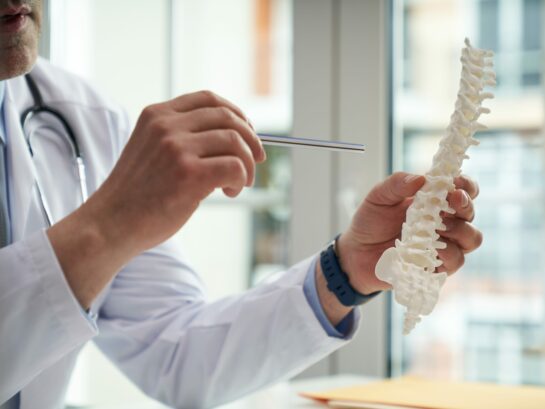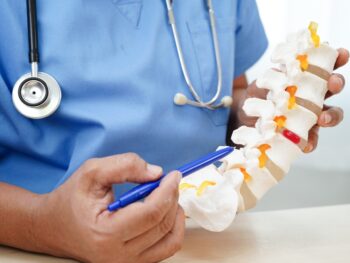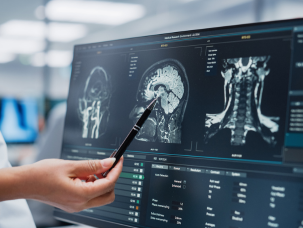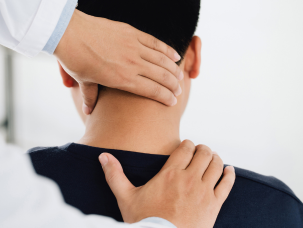Discectomy is a minimally invasive procedure for treating a herniated disc that does not respond to conservative measures. A healthy recovery from discectomy can improve your chances of experiencing a great outcome and reduce your risk for complications.
Here are discectomy recovery dos and don'ts and how to request an appointment with Neurosurgical Associates of Central Jersey to treat nerve compression syndrome or entrapment neuropathy.

What Is a Discectomy?
A discectomy is a surgical procedure in which herniated disc materials are removed from the neck or spine. This surgery is minimally invasive and usually only performed when symptoms caused by a herniated disc do not respond to nonsurgical treatments, including bed rest, physical therapy, and medications. Conditions requiring discectomy treatment include nerve compression (pinched nerve) in the neck or back or spinal cord compression.
Who Is a Candidate for a Discectomy?
Your doctor or neurosurgeon may recommend a discectomy if you have a herniated disc and meet one or more criteria, including:
- You are experiencing numbness or pain in an arm or leg that is severe, and interfering with your ability to do everyday tasks.
- You are experiencing severe weakness in the affected arm, lower leg, or buttocks muscles.
- You are experiencing bowel and bladder problems, such as urinary incontinence.
- Pain caused by your herniated disc is not going away with opioids or other pain medications.
Recovery Dos
A healthy recovery from a discectomy may allow you to resume your usual activities within the shortest time possible following your procedure.
Discectomy recovery dos include:
- Staying mildly active during recovery to increase circulation and to maintain or improve your flexibility
- Eating healthy, nutritious foods, including fruits, vegetables, leafy greens, nuts, and fish to promote healing
- Looking for signs of infection and reporting them to your provider right away (common signs of infection include fever, redness, and swelling at the incision site)
- Getting adequate sleep and rest to allow the body to recover
Recovery Don'ts
Practicing rigorous activities and neglecting your doctor's advice could prolong your recovery from discectomy and result in setbacks.
Discectomy recovery don'ts include:
- Skipping your physical therapy routine, which may involve doing gentle stretches and exercises that can speed up recovery
- Performing movements such as excessive lifting and bending that can compromise your post-surgical results
- Not caring for your incision properly, increasing the risk of an infection
- Immersing yourself in bodies of water such as swimming pools, hot tubs, and oceans, which can interfere with the healing of your incision and cause infection
Your neurosurgeon can talk to you more about the dos and don'ts of discectomy recovery based on your activity level and general health status.
Contact Neurosurgical Associates of Central Jersey at (732) 302-1720 to request an appointment if you are experiencing symptoms of nerve entrapment or compression neuropathy. We can review your medical history, perform an examination, and consult you on your available treatment options.



